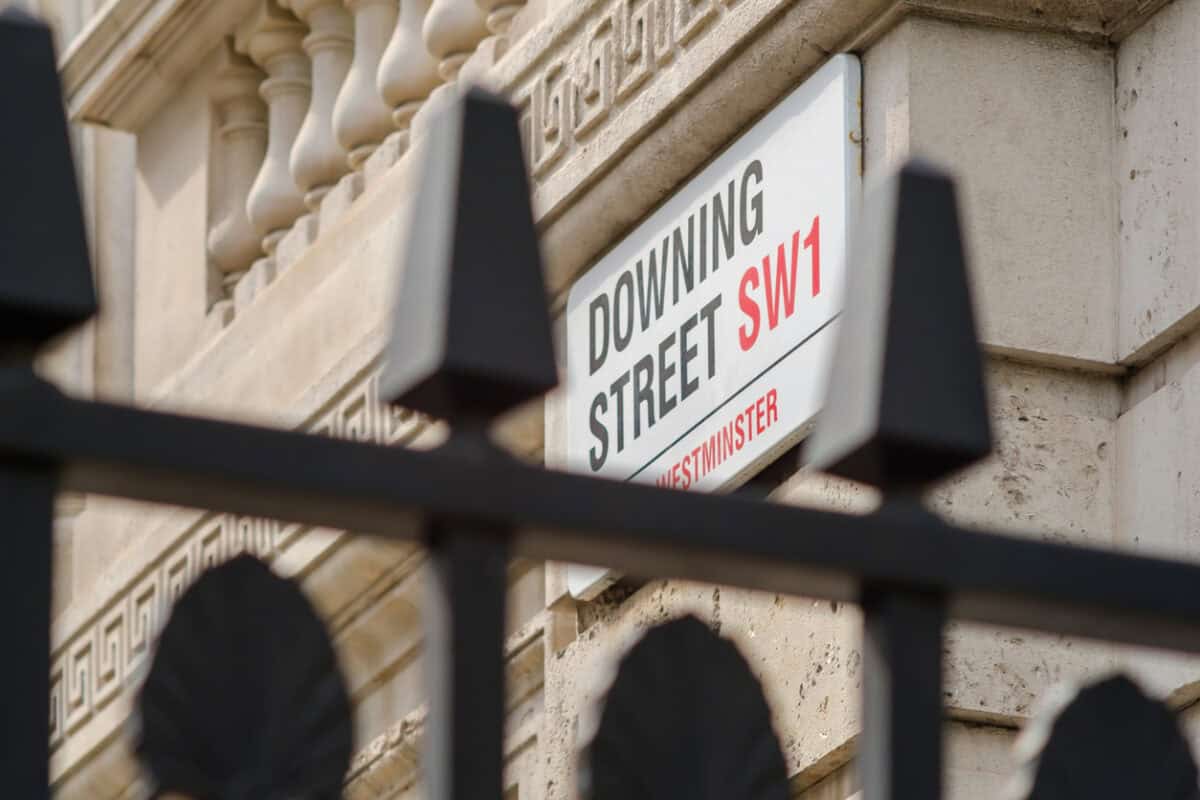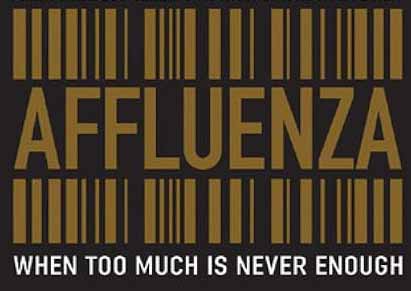WHO says burnout is occupational, but at least one psychologist says WHO is wrong
The cover story of the February 2024 edition of Psychology Today is less a story than a collection of short pieces on mental health and burnout. This blog may seem unfairly critical of much of the psychological discussion on burnout but this is largely because the World Health Organisation (WHO) has defined burnout as an …







